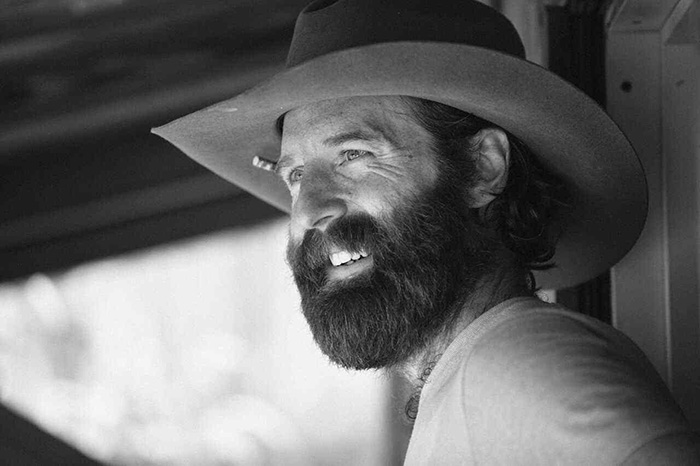By SEAN DIETRICH
This is not my story. I am hearing it for the first time, just like you.
He is the one who tells it. He is old. He is in a wheelchair. He is carving a piece of basswood with a pocket knife. He speaks in a drawl so thick it’s poetry.
There are children around his feet. A few third-graders, a fifth-grader, a 15-year-old and one redhead writer who still watches Saturday morning cartoons. Occasionally.
The old man is telling stories. That’s what old men do. They are inherently good at this.
The man removes a $5 bill from his pocket.
“See this?” he says.
The kids nod.
The redhead writer nods.
Age has slowed his speech down. But not his mind.
“Why, I remember when $5 was like a 100 bucks,” he goes on. “Back when times were hard.”
The Depression. A time when America was on the brink. He tells a story about the lean years. He was 6. A rural towhead. He wore ragged clothes. His shoes had given up the ghost and went barefoot most of the time — even to preaching.
“That’s what poor folks did,” he explains. “Our feet were always bare.”
He found a $5 bill on the ground. And during his era, he might as well have won the Florida Powerball. He ran home to give the money to his father.
“LOOK WHAT I FOUND, DADDY!” he shouted.
But his father didn’t want the money.
“Son,” his father told him. “It would be wrong for me to keep that money. Lotta folks need it worse than we do.”
But how could that be? They ate beans for supper. His brother worked labor jobs for chicken feed. His mother took in wash. The kid’s feet were blistered.
“What should I do with it?” the boy asked.
“You’re the one who found it,” said his father. “You gotta figure it out for your ownself.”
The boy held onto the money for a week. He had wild-eyed boyish ideas. With $5 he could’ve been king of the county. He could’ve bought a collection of shoes and still had enough left over for a trip to Maui.
“I went to our minister,” the old man says. “I asked him, ‘What should I do with the money?’”
The reverend said, “$5? My goodness, that’s a lot. You could give it to us. But it wouldn’t be right, me telling you what to do with it. That’s something you gotta figure out for your ownself.”
So the kid thought long and hard about it.
The old man pauses his story. He inspects his carving. He is silent for a few seconds.
A girl at his feet says, “HEY, WHAT HAPPENED?”
“YEAH!” shouts another. “DID YOU GET THE SHOES?!”
“TELL US!” shouts the redhead.
The old man starts carving again. “Well, I got to studying about it,” he says. “And I thought of all the kids in my school. They didn’t have shoes neither. What about them?”
So, he came up with an idea, which he posed to his teacher in private. She listened. She liked his idea. She agreed to help him.
They shook on it. He made his teacher spit in her hand before the official handshake because this is what all respectable boys do.
A few days later, his classmates arrived at the rural school like any other day, but it was not business as usual.
The classroom was decorated with colorful garland and banners. And there was Virginia ham, casseroles, pies, the works. There were layer cakes, lemonade, candy, chocolate and cookies.
“Today is a national Fun Day!” the teacher announced.
Fun Day.
No school work, no math problems, no more teachers’ dirty looks. It was a day set aside for eating, singing and laughter. There were three-legged races, hide-and-seek, hopscotch, marbles, baseball and singing.
Children without shoes ate freely, without want. They played. They forgot about the sadness that lingered above their poverty-stricken families.
The day was supposed to be a $5 day, but other parents had gotten involved. Mothers, fathers, ministers, shopkeepers and church deacons. It became a million-dollar day. And in the memories of many shoeless kids, it was one of the best parties in world history.
He finishes his carving. The children are silent. And I am silent, thinking about how much this world has changed. How much I have changed.
One child finally asks, “But did you ever get a pair of shoes?”
“Yeah,” says one kid.
“Ditto,” says the redhead.
The old man smiles. He flexes a bare foot for us all. His sole is blackened with dirt. “Shoes are highly overrated,” he says.

